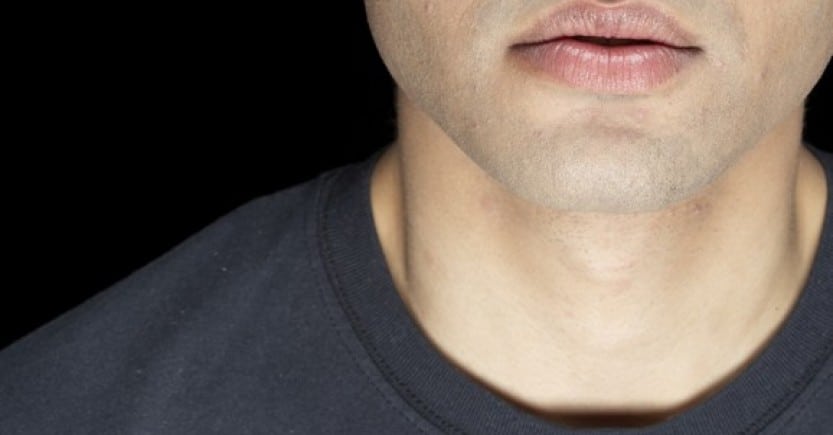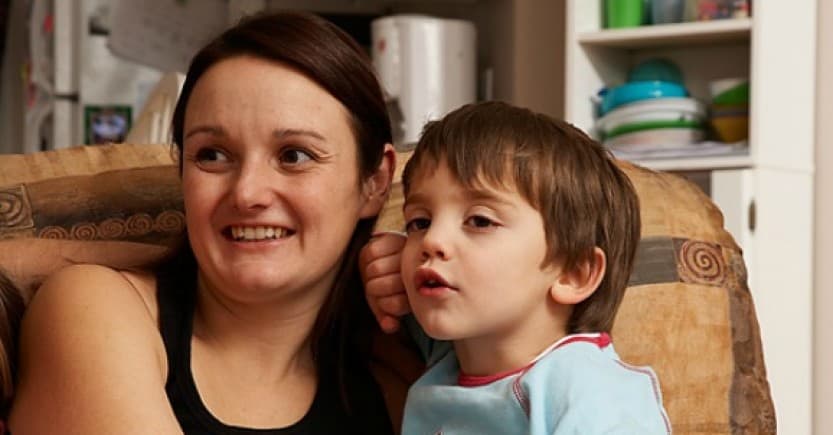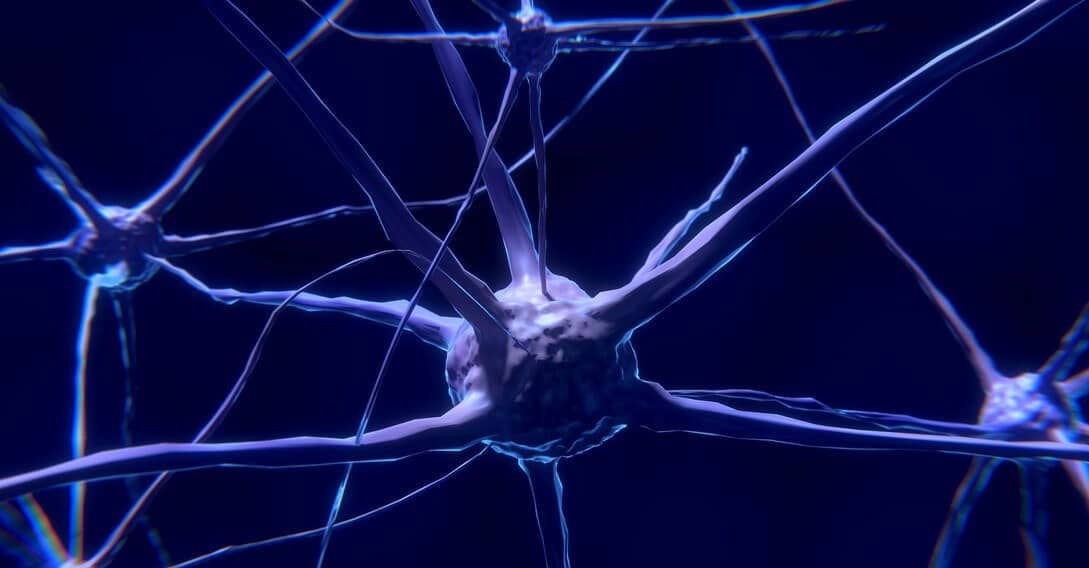OCD: Prevention and Treatment
Our organization usually recommends that families explore nondrug approaches for obsessive compulsive disorder (OCD) before resorting to medication, because of the potential for side effects.
Depending on the severity of symptoms, OCD and anxiety can have significant consequences, negatively affecting schoolwork, careers, relationships, and self-esteem. We suggest that when an environmental or lifestyle issue can be addressed with positive results, it is better to focus on that rather than simply cover up symptoms with medication. However, in some cases, medication may be needed. Integrative approaches can often reduce the amount required.
Treatment for OCD typically involves cognitive behavior therapy (CBT) and/or antidepressants. Trial and error of antidepressants may needed. Parents should be aware that some of the drugs frequently prescribed for OCD have not been FDA-approved for use in children. CBT alone is successful in some cases.
Case reports by families and physicians suggest that the avoidance of immune triggers, such as those defined in Finding Triggers for Tics: A Must Read, can help prevent and reduce OCD symptoms. See our article Natural and Integrative Approaches to OCD and Anxiety for more.
When an infection is the cause of OCD, as in PANDAS or PANS, a comprehensive treatment plan may be needed. Refer to our e-book Your Child Has Changed: Should You Consider PANDAS?
.




.
Related articles are shown below. If you don’t find what you’re looking for, you can search using the box at the upper right of the page or browse our forums.
Aristo Vojdani, PhD Obsessive-Compulsive Disorder and the Differentiation between Non-Autoimmune OCD and the Autoimmune Version of the Disease Called PANDAS Obsessive-Compulsive Disorder is a collection of thoughts and actions that come into your mind without […]
Thomas David Kehoe Editor: Thomas David Kehoe, an author and expert on stuttering therapy, contacted ACN because he saw a connection between our multidisciplinary approach to treating neurological disorders, and the need for a similarly […]
James Greenblatt, MD Interview by Sheila Rogers, MS, Director ACN Would you briefly describe your practice and clientele? I’m board certified in child and adult psychiatry, and have seen over 10,000 children with the conditions […]
Tamar Chansky, PhD Interview by Sheila Rogers, editor I appreciate the opportunity to interview you, Dr. Chansky. I know your area of expertise in anxiety and obsessive compulsive disorder (OCD) will interest many of our […]
Majid Ali, MD A simple model is presented for understanding the spectrum of Attention Deficit Disorder/Hyperactivity, learning disability, obsessive-compulsive disorder, autism, and Tourette syndrome. In this model, the focus is on developmental and acquired problems […]









